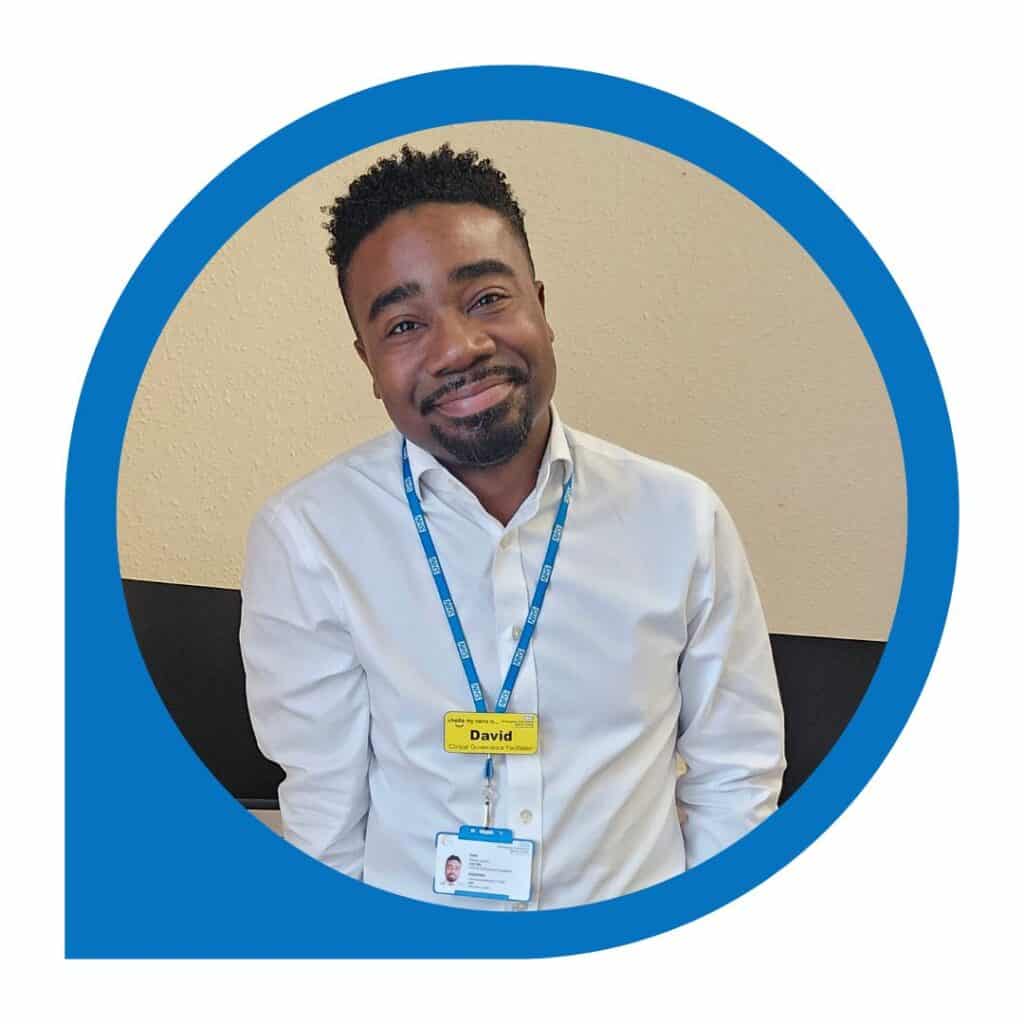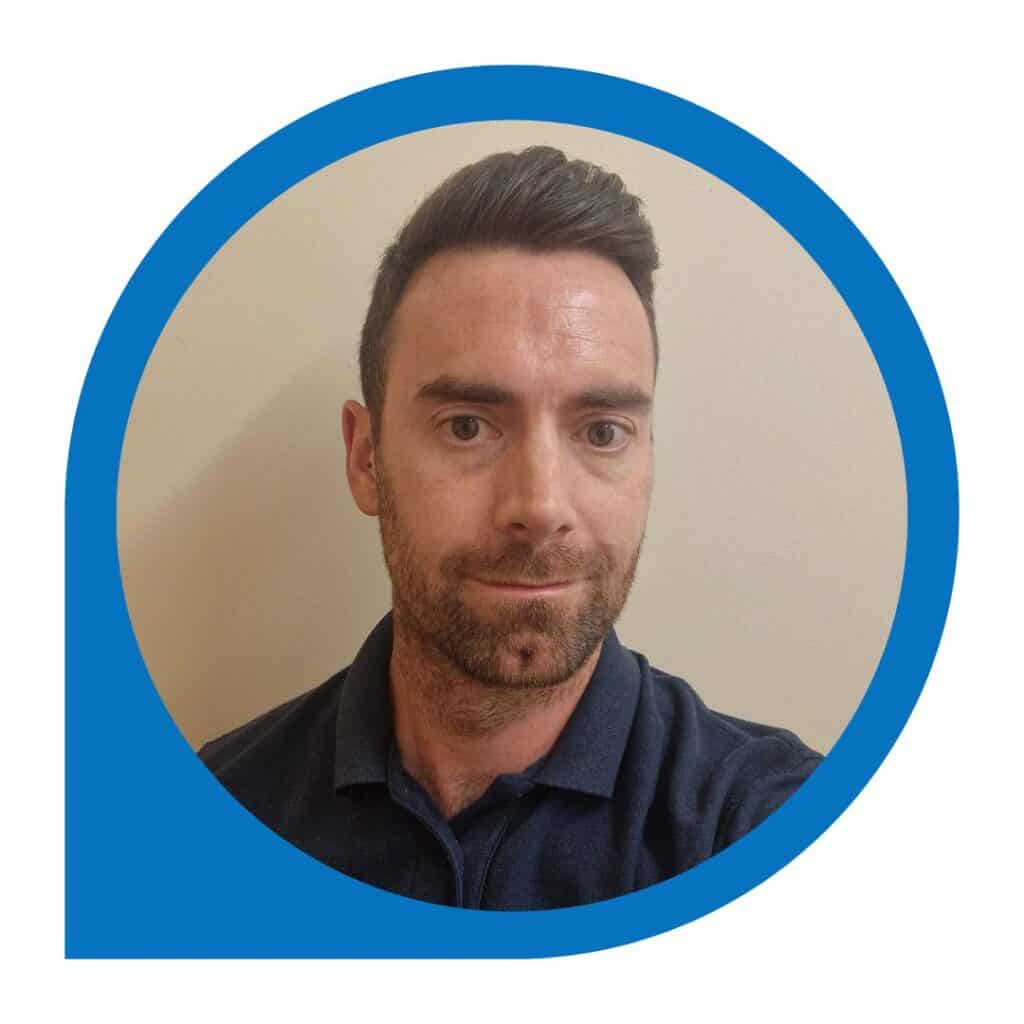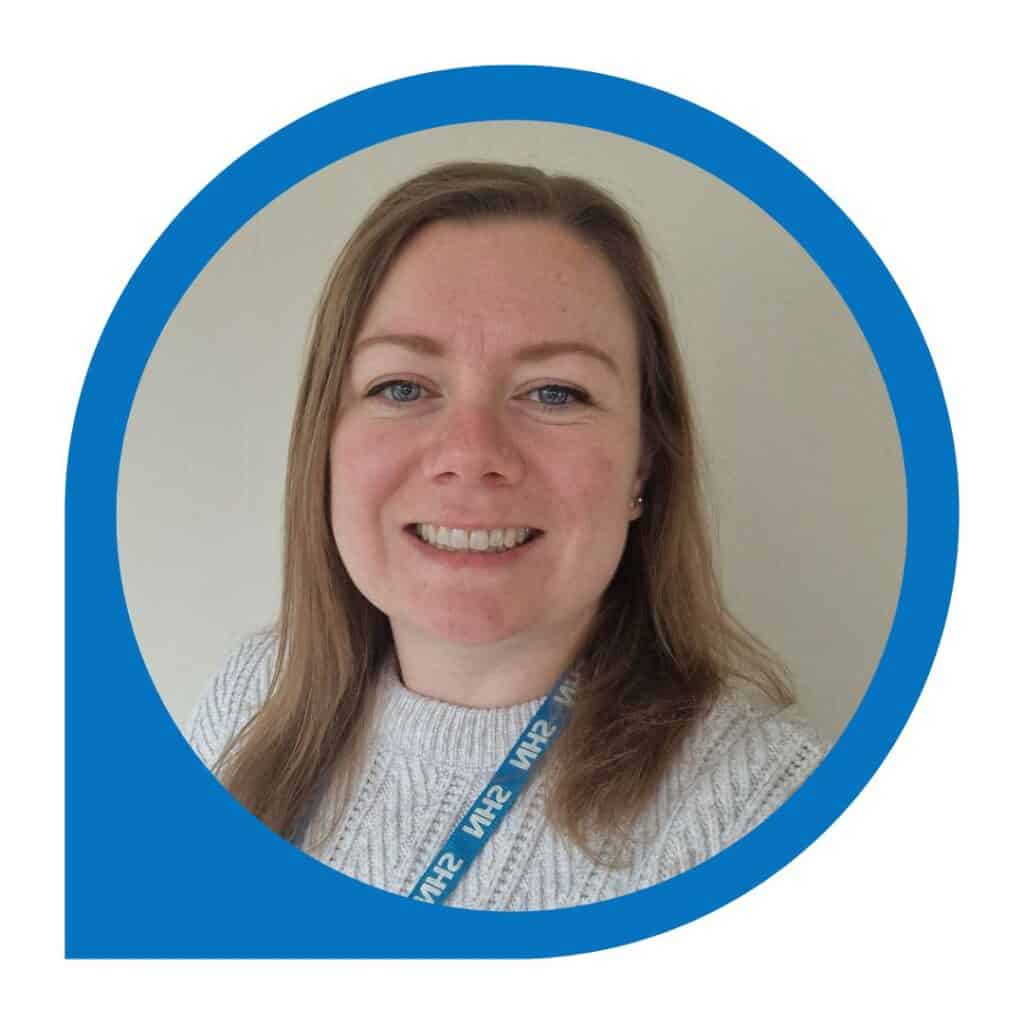As part of this year’s World Mental Health Day, we’re shining a light on the incredible work happening within our Children and Young People’s services, that transferred over from Birmingham Women’s and Children’s NHS Foundation Trust in July 2025.
In this edition of Five Minutes With, we speak to the Consultant Clinical Psychologist and Clinical Service Lead for the 0–25 Specialist Eating Disorder Service, Dr Sheryllin McNeil. From leading an award-winning team to championing early intervention and reducing barriers to care, Sheryllin shares what inspires her work, the realities of supporting recovery and why humour, tenacity and passion are central to everything she does.
Read on to discover more about Sheryllin’s journey and the difference the team is making for children, young people and families across our city.
Please could you start by telling us a little bit about yourself and what you do at Team BSMHFT?
“Hi! I’m the Consultant Clinical Psychologist in the 0-25 Specialist Eating Disorder Service, including the Avoidant/Restrictive Food Intake Disorder (ARFID) pathway, in the Children and Young People (CYP) division, Forward Thinking Birmingham.
I am the proud Clinical Service Lead of a 35-strong team of dedicated, highly skilled, compassionate individuals and winners of the Birmingham Women’s and Children’s 2022 Spirit Award for Outstanding Clinical Team and nominated again in 2025.

“I have a real passion for service innovation, organisational change and early intervention, with current interests in addressing health inequalities and reducing barriers to care and treatment, especially for disadvantaged groups.
“The research and development within the team has given us the opportunity to work alongside Kings College London, the University of Birmingham and the University of Warwick. To raise awareness, contribute to research, capture the voices of disadvantaged groups and contribute to real and meaningful change in Eating Disorders (ED) beyond the boundaries of guidelines and treatment targets. We had the pleasure of being invited to present our work at the International Association for Youth Mental Health conference in Vancouver earlier this year.
“The team also work with partner agencies and charities. This year we co-developed an International Paediatric Feeding Disorder Community of Practice alongside The Feeding Trust to bring together experts in the field of ARFID and Feeding Disorders and support the development of pathways to treatment. We also developed the Feeding and Eating Disorders Collaborative and consultation pathway with Birmingham Community Healthcare Trust, bringing together Acute hospitals, Community Paediatric services and Eating Disorder services to steer change and work to improve access to treatment for eating and feeding difficulties across the city.”
What is like day-to-day working within the Specialist Eating Disorder Service (SEDS)?
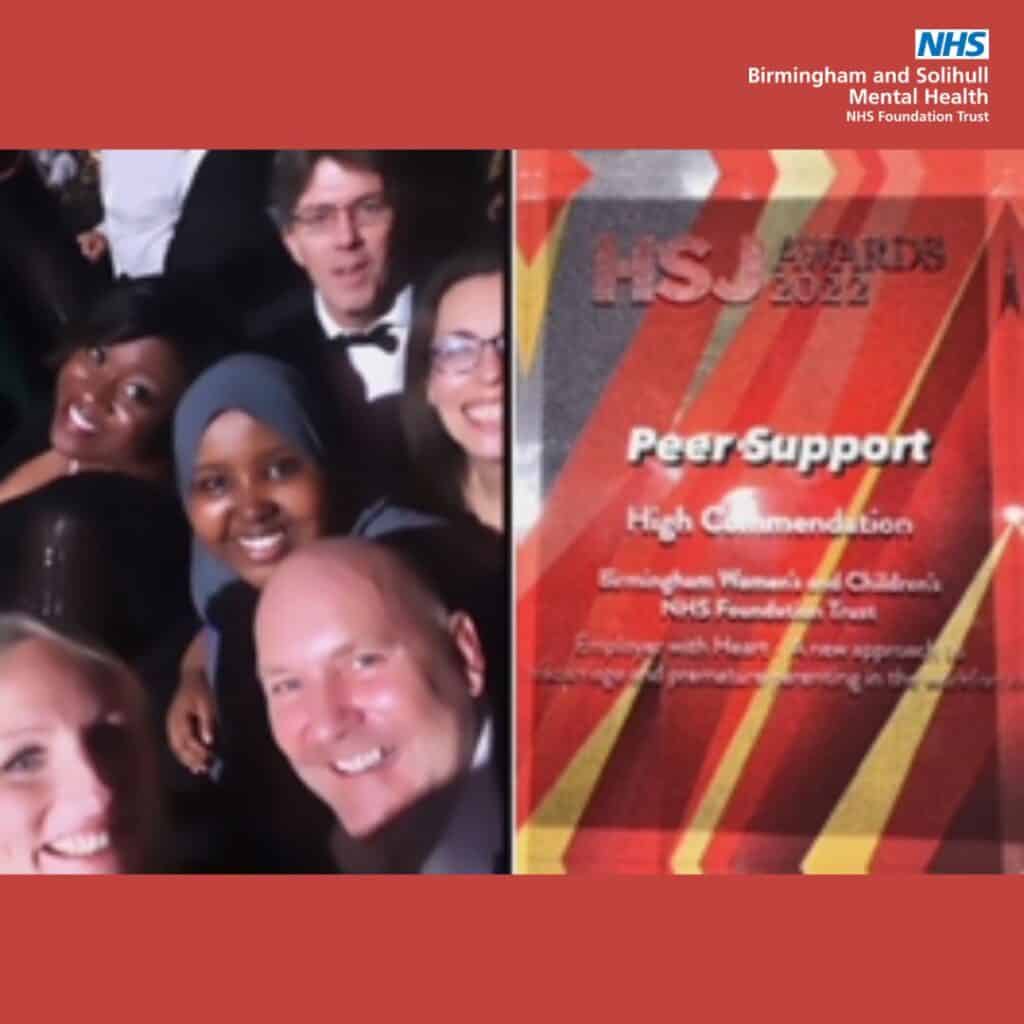
“The ED journey to recovery is not an easy one for our children, young people and families. Lives are disrupted, careers are stalled and relationships are pushed to breaking point as young people and families navigate their way through the management of the ever-present risk to life and fear of change.
“As such, the day-to-day work as clinicians in SEDS is not without it challenges. However, we are often as spurred on and are as inspired as our service users by the stories of hope and ‘overcoming’. Much like diamonds formed under immense pressure, we are able to witness families grow from the toughest of chapters, with the young people themselves rising from a place of uncertainty and discomfort with their weight and shape, into much stronger versions of themselves; reconnected, hopeful, a greater sense of identity, having found meaning and empowerment (CHIME).”
Has there ever been a stand-out moment in your career that has made you pause and reflect?
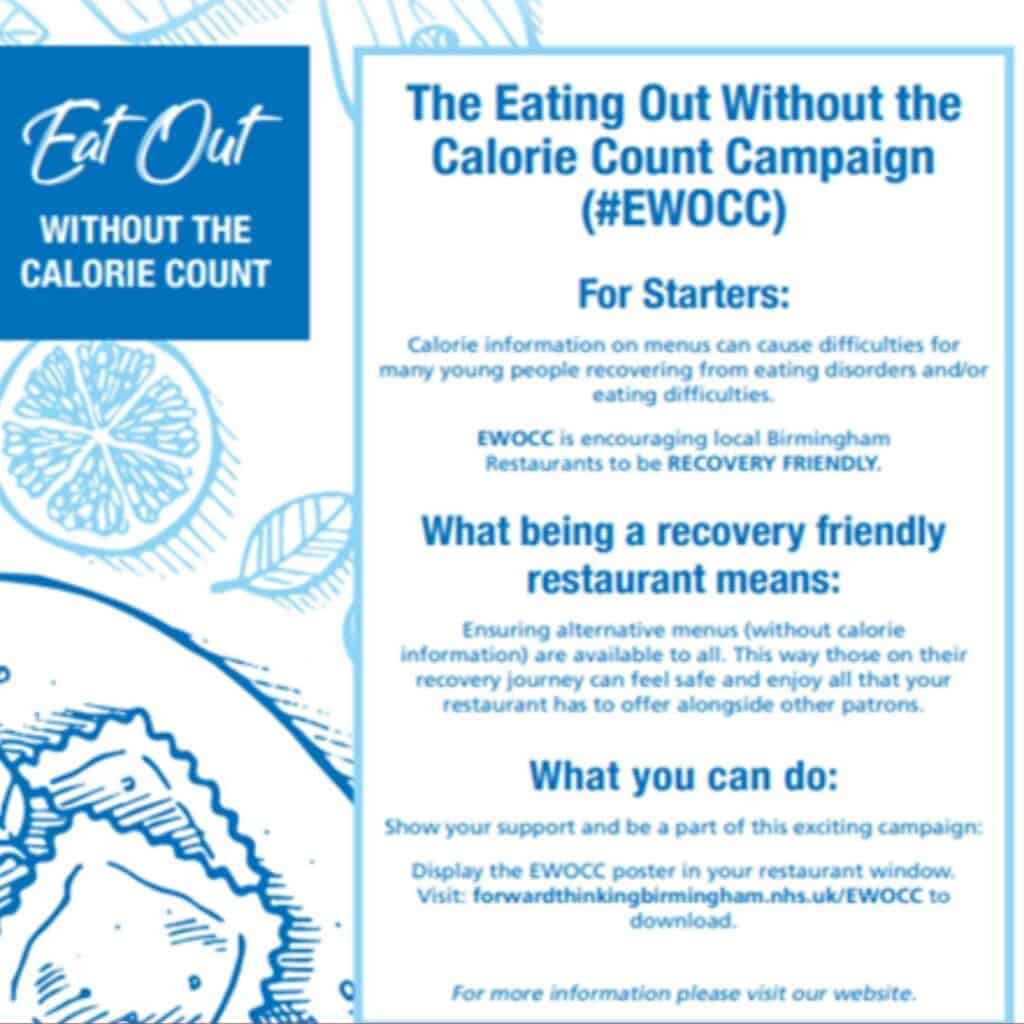
“Each and every time I am able to witness the completion of a treatment journey or see someone well on their way to recovery is a moment to pause and reflect. Working with children and young people gives us a unique vantage point from which to witness growth and transformation.
“We meet our service users when they are vulnerable, uncertain, anxious and unsure of themselves and where they fit in the world. We get to work with them and watch as they grow into increasingly confident, self-assured, resilient young adults, well aware that there is still much uncertainty ahead of them – but feeling better equipped and ready to face it. Making each and every recovery story a stand-out moment.”
What kinds of interventions do you offer at SEDS and ARFID Pathway, to support a service user/patient’s rehabilitation?
“We provide a city-wide service for children and young people up to the age of 25 who need treatment and support for eating disorders such as Anorexia, Bulimia, Binge Eating and ARFID.
“We provide innovative, evidence-based, culturally competent and neurodevelopmentally adaptive treatment. As early partners in the First Episode Rapid Early Intervention for Eating Disorders (FREED) network, we pride ourselves on reducing barriers to care and support early intervention in eating disorders. We provided guided self-help, dietetic support, family therapy and psychological therapies (individual and group) and peer support.
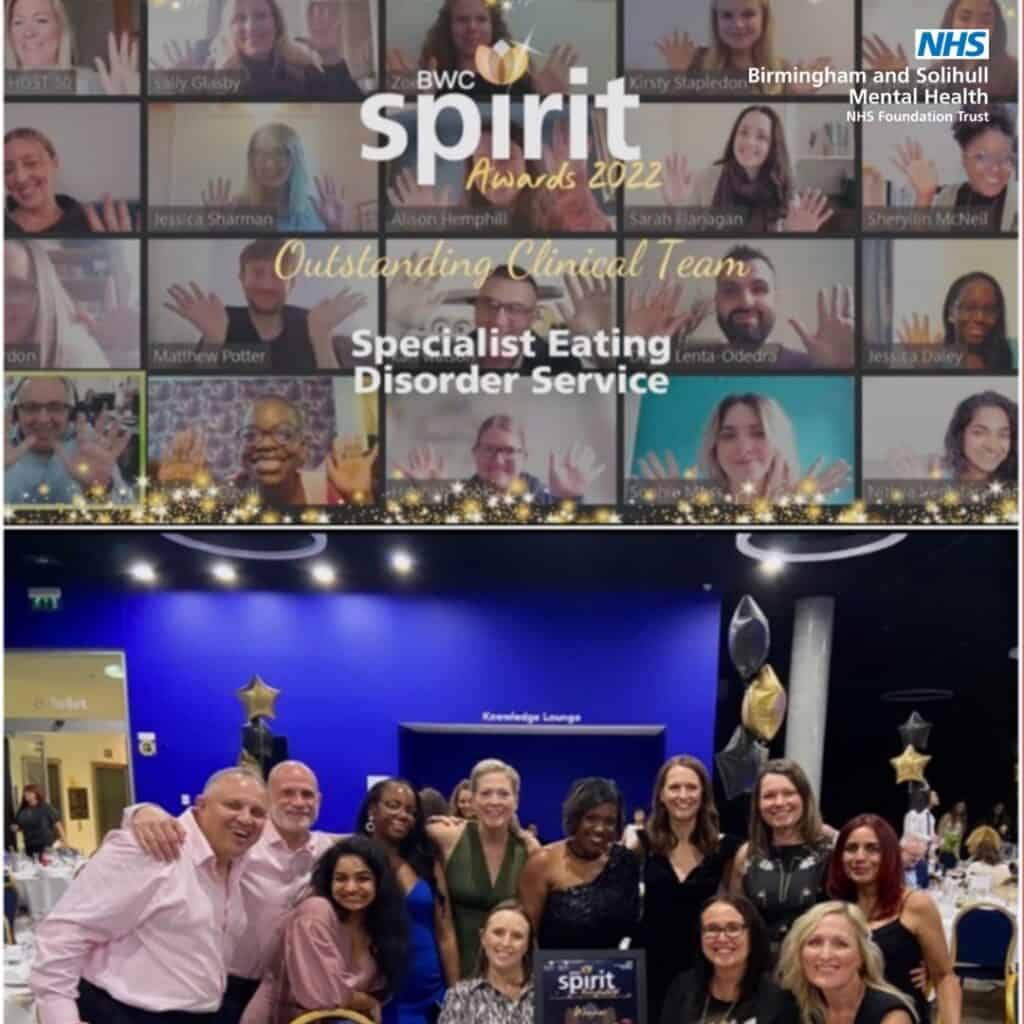
“Our intensive care pathway to support physical health monitoring and meal support and coaching with parents and young people in their own homes. Our Occupational Therapy and Peer Support teams support ‘real world recovery’, helping young people engage and build a life worth living beyond an eating disorder. We’re particularly proud of the Peer Support team we have built, not to mention our contribution to the Health Service Journal (HSJ) recognition and commendation Peer Support across Forward Thinking Birmingham received.
“We’re also incredibly proud of the energy and drive Peer Support has brought to the teams focus on community engagement and change initiatives. It looked to address issues caused by a legislation change in 2022, which made it compulsory for restaurants to print calorie labels on menus. The Peer Support Group, supported by our Specialist Eating Disorders team, worked tirelessly and just months after the new legislation came in, connected with dozens of outlets in Birmingham to ensure a calorie-free menu option was available to support young people in recovery. Their successful campaign attracted a huge amount of interest and featured on BBC News, as well as other media channels. A number of restaurants across Birmingham continue to offer calorie-free menu options now as standard supporting our service users (and us all) to have the open to Eating Out Without the Calorie Count (#EWOCC).”
Describe yourself in three words
“Funny, tenacious and passionate.
“If you know me you know I’m someone who brings humour and energy into a room. Humour is my bridge, tenacity is my engine and my passion fuels everything I do. I’m steadfast on when the going gets tough, I fight for what I believe, stay determined when the odds are against me, throwing my whole heart into the things I care deeply about – maybe a little too much, but that’s just how I roll.
“Those three words really capture how I show up – for others, for my work and for myself – and show up I do.”
Published: 13 October 2025



